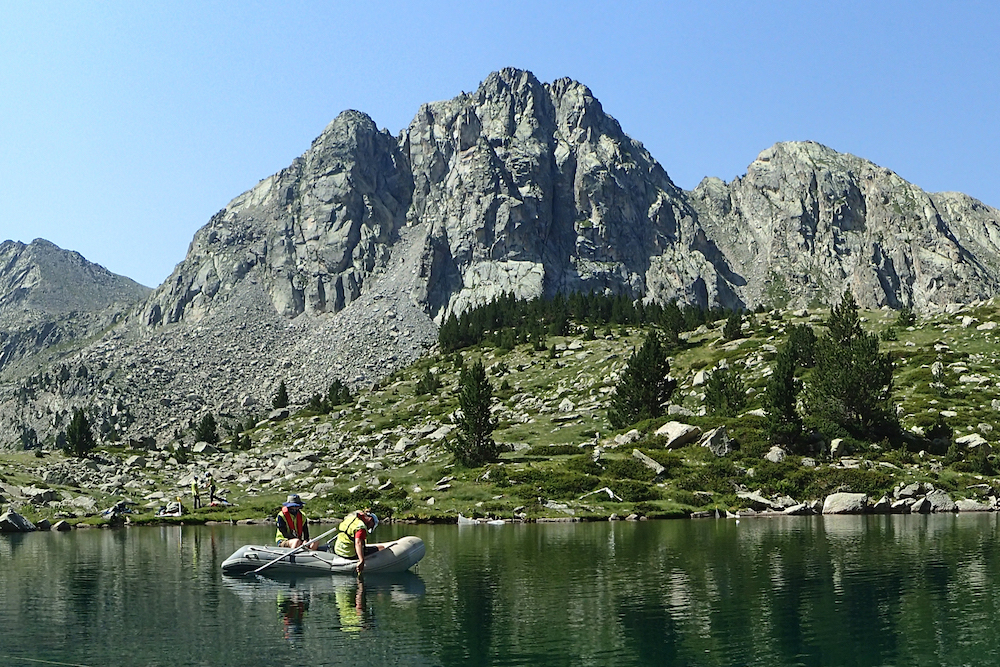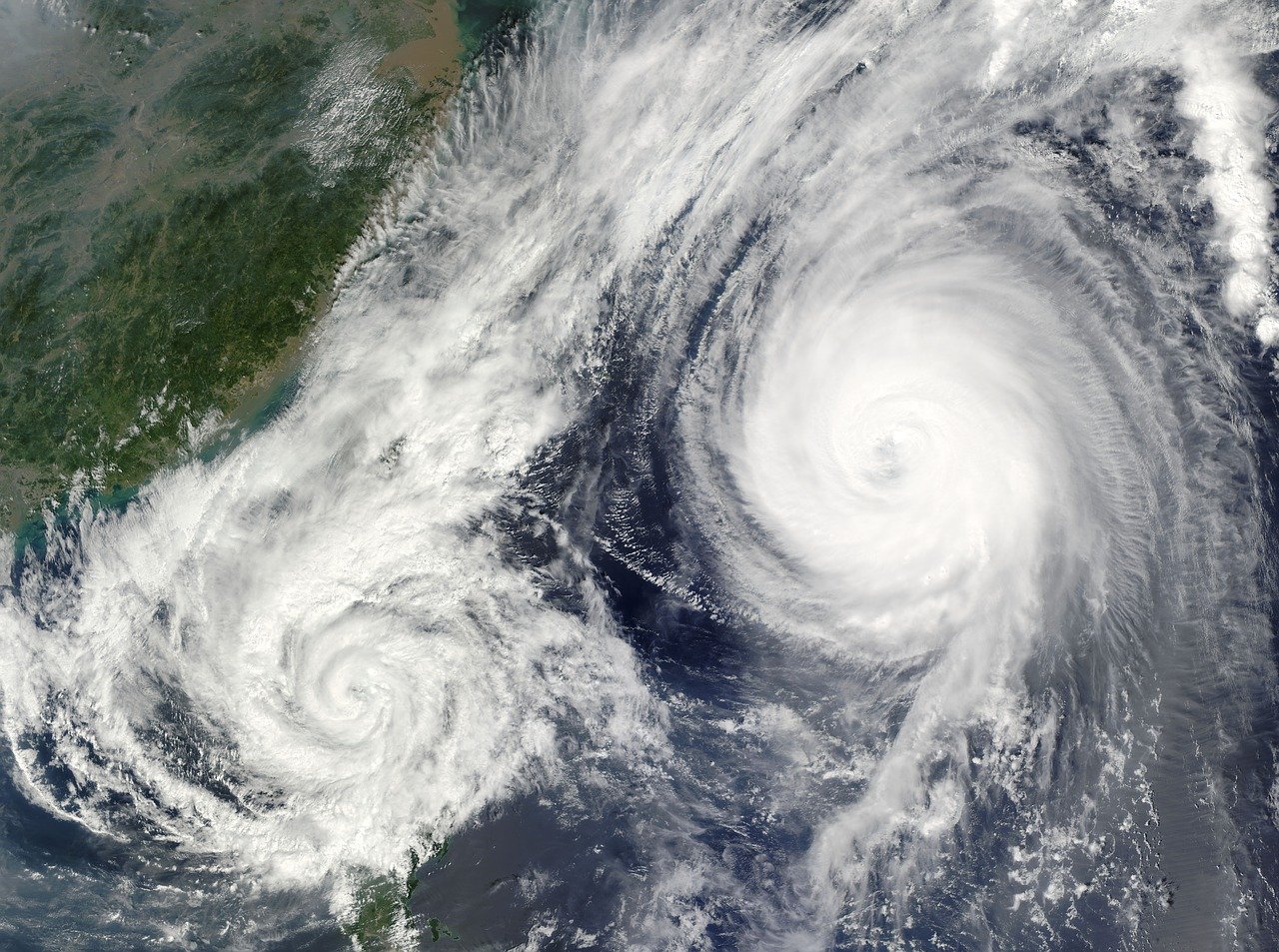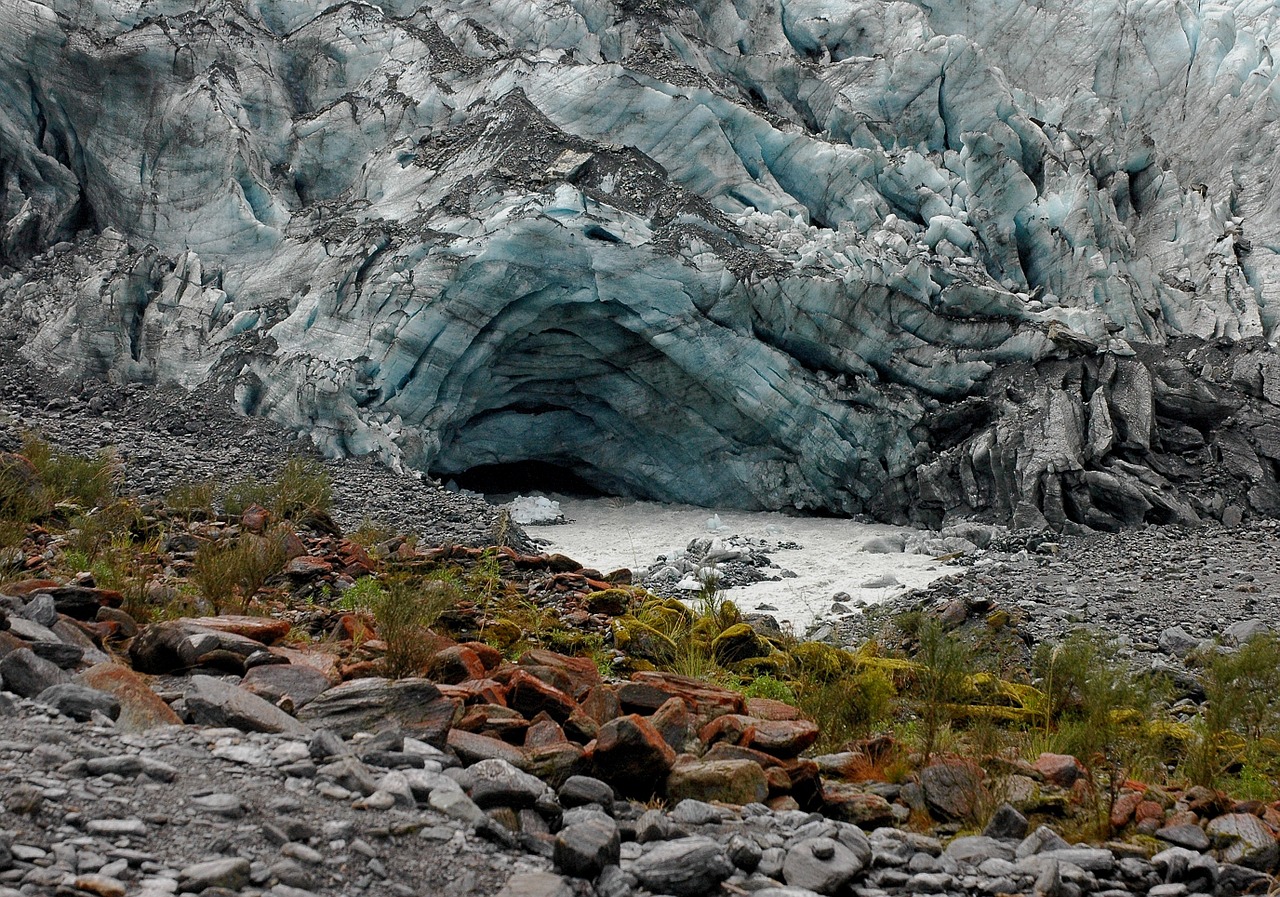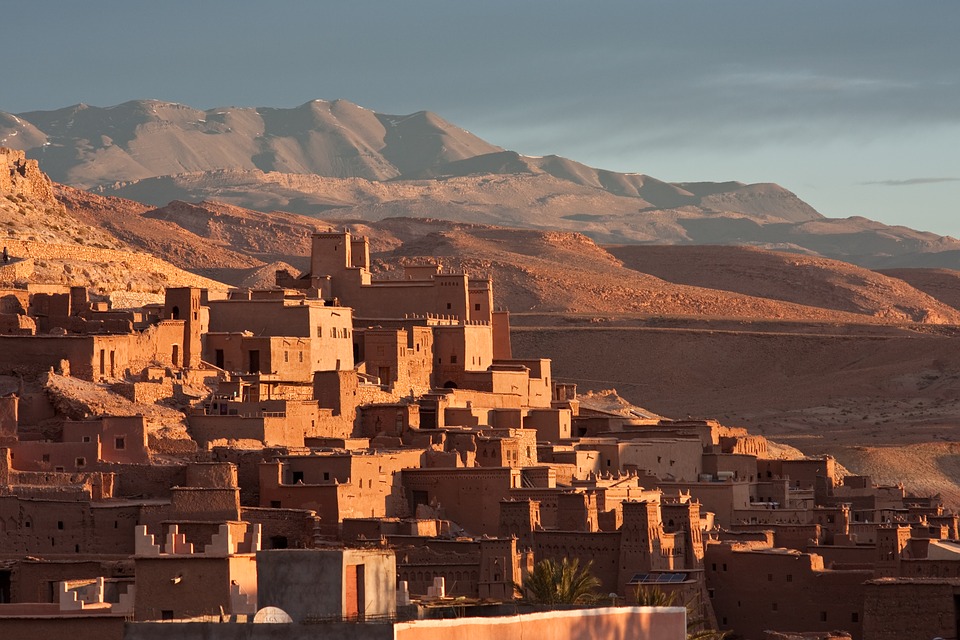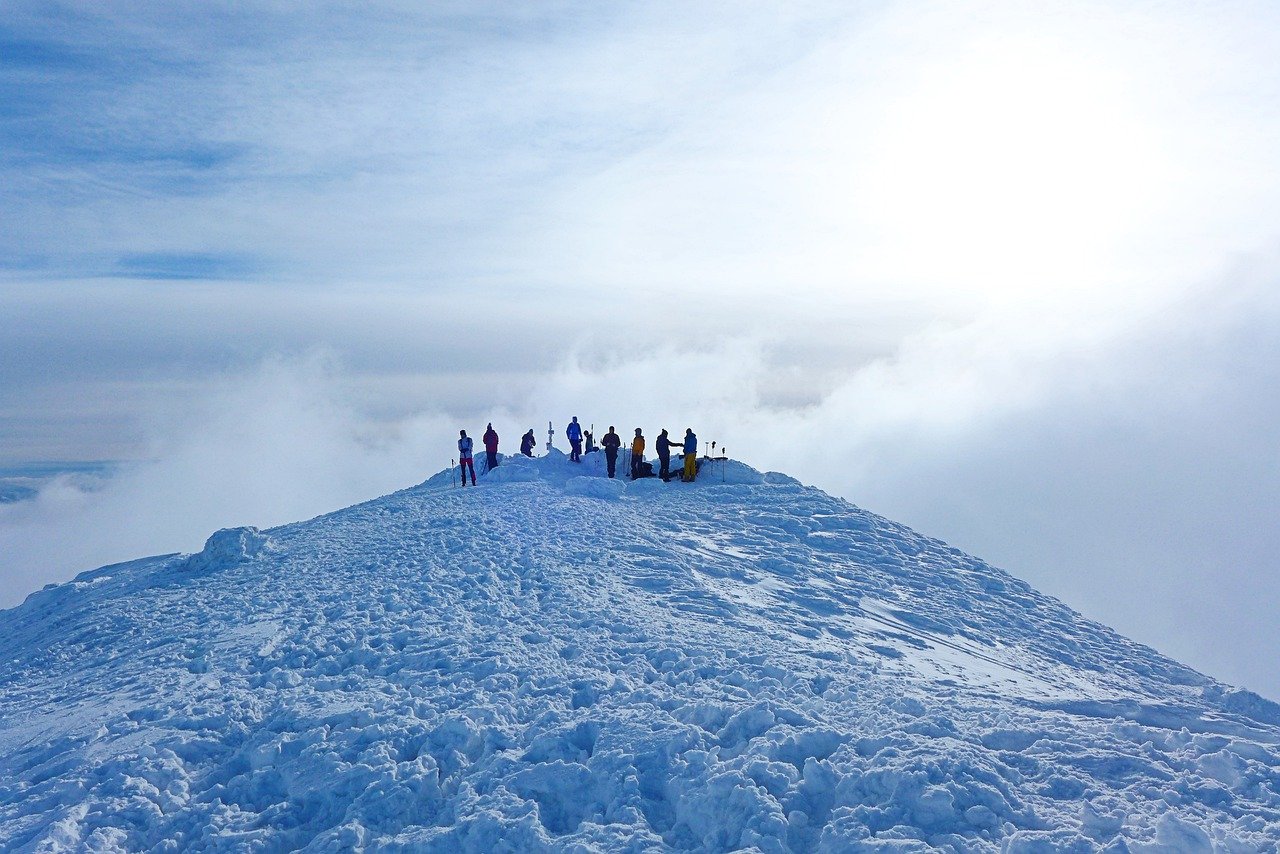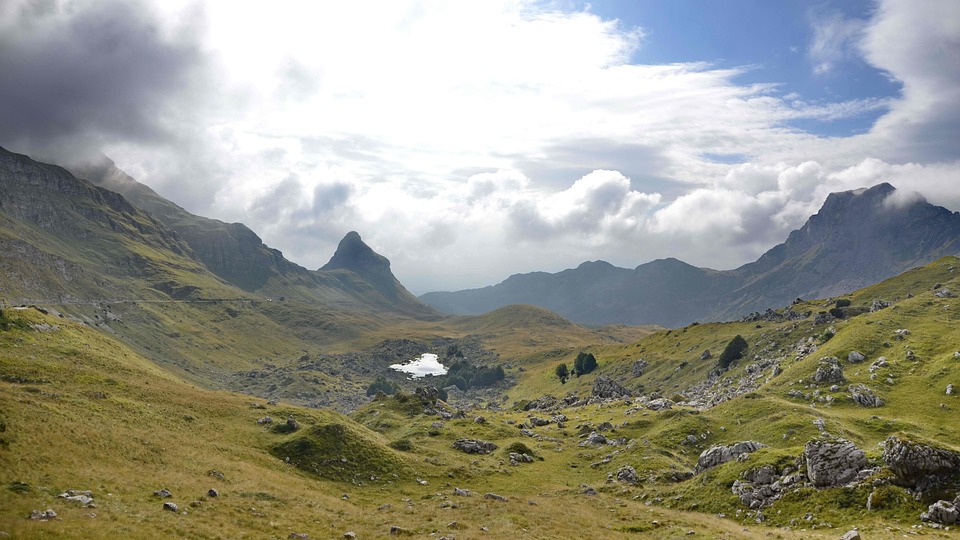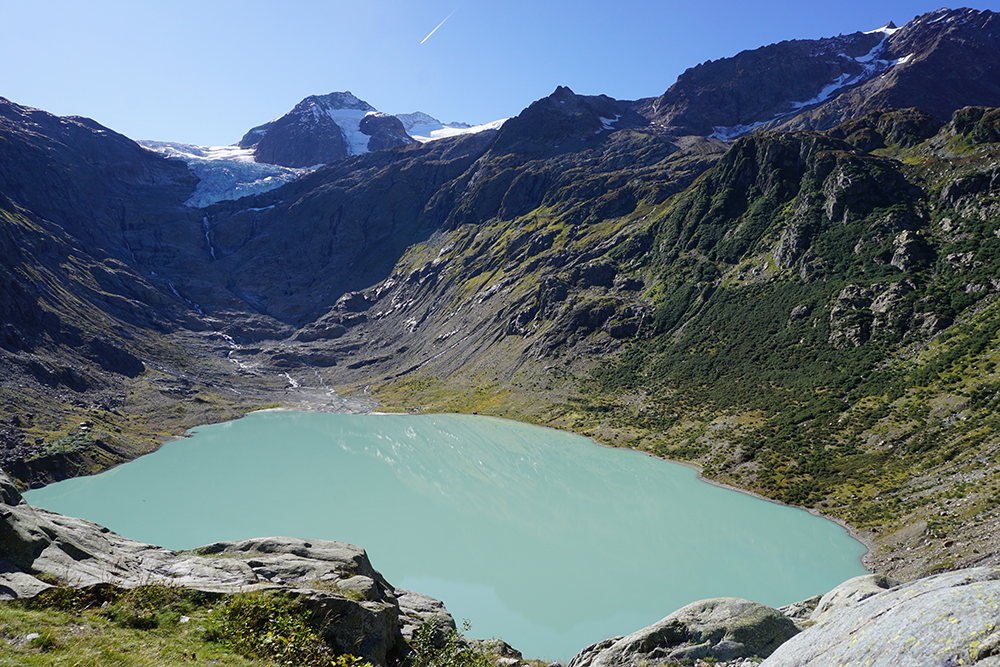News
- Details
- Category: New Publication
Mountain Research and Development (MRD) Volume 40, issue Number 3 is an open publication whose articles are fully accessible online. This issue includes the MRI's MountainPlatform paper Making Connections for Our Changing Mountains: Future Directions for the Mountain Research Initiative.
- Details
- Category: Global News
The Earth’s temperature continued to rise, with 2020 being one of the three warmest years on record, while extreme weather events combined with the COVID-19 pandemic to impact millions of people worldwide.
A new report compiled by the World Meteorological Organization (WMO) and an extensive network of partners on the State of the Global Climate 2020 documents indicators of the climate system, including greenhouse gas concentrations, increasing land and ocean temperatures, sea level rise, melting ice and glacier retreat and extreme weather. It also highlights impacts on socio-economic development, migration and displacement, food security and land and marine ecosystems.
- Details
- Category: Global News
Melting glaciers could be triggering a feedback process that causes further climate change, according to new research published in the journal Nature Climate Change.
An international research team led by the University of Leeds has for the first time linked glacier-fed mountain rivers with higher rates of plant material decomposition, a major process in the global carbon cycle.
- Details
- Category: Global News
The International Science Council (ISC) seeks views on the draft Global Risk Agenda.
The ISC launched an online survey for the development of a global science agenda on risk. The MRI encourages the mountain research community to reflect on and share mountain-relevant questions for this risk agenda, and contribute to the UN Office for Disaster Risk Reduction (UNDRR) Global Assessment Report on Disaster Risk Reduction (GAR).
The survey will close on 5 May 2021.
- Details
- Category: MRI News
As part of its mission, the MRI provides funding contributions for synthesis workshops that bring together global change researchers to address specific topics of interest to the mountain research, policy and practitioner communities.
Please note that the 31 May 2021 deadline for proposals for this year’s call has passed, and this call is now closed.
- Details
- Category: MRI News
UNEP in collaboration with the Mountain Research Initiative, the Global Mountain Biodiversity Assessment, and GRID-Arendal has produced an information panel on the important role mountains play in the context of the Convention on Biological Diversity's Post-2020 Global Biodiversity Framework.
The panel highlights the unique biodiversity mountain regions host, sheds light on threats to mountain biodiversity, and presents policy recommendations suggesting how to address the protection of mountain biodiversity in the Post-2020 Global Biodiversity Framework.
- Details
- Category: Global News
The International Union for Conservation of Nature (IUCN) World Commission on Protected Areas (WCPA) Mountains Specialist Group has developed a draft paper on Identification of Global Priorities for New Mountain Protected and Conserved Areas. It reenforces an understanding and appreciation of the critical natural and cultural value of mountains and the threats to their ecological functions, and presents the case for the importance of protecting and conserving representative mountain ecosystems.
- Details
- Category: Global News
Research published in the journal Earth’s Future assesses the governance processes related to the planning of a new reservoir in the European Alps – and stresses that reservoir governance in mountain regions would profit from anticipating multi-purpose use in a way that addresses both climate change mitigation and adaptation.
Mountains – often referred to as the world’s ‘water towers’ – play an essential role in storing water and providing it to meet the downstream water demands of a significant proportion of the global population. This role is of particular importance during lowlands' low flow season, where mountains provide runoff through snow- and glacier melt. 1.9 billion people worldwide depend upon these runoff contributions for purposes including drinking water, irrigation, energy production, and industrial and municipal activities. Furthermore, this runoff is essential for ecosystems and biodiversity. The retreat of glaciers, rising snow lines, and changes in precipitation as a result of climate change, both now and in future, therefore have serious implications.




